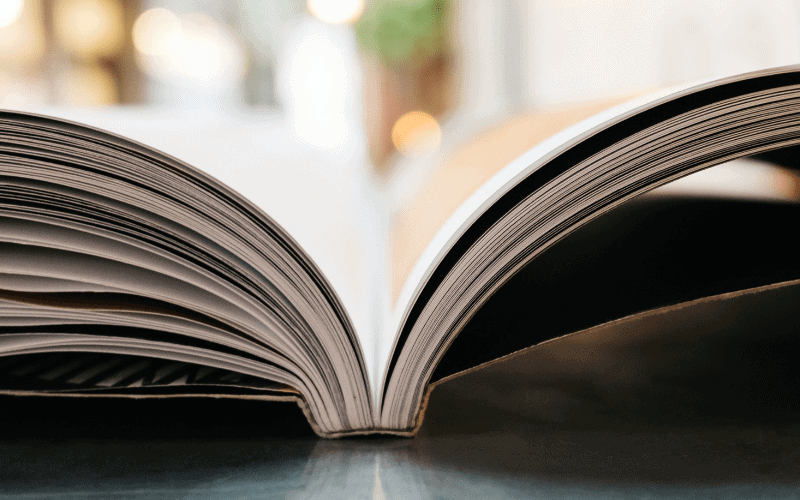How often do you write? Not type or text, but write, with a pen and paper? If you’re like most people, probably as little as possible. Perhaps lists or sticky note reminders are the extent of your writing. Writing by hand is quickly becoming a thing of the past and this is unfortunate.
Scientific studies have shown that there are several health benefits from journaling with a pen and paper. Journaling on a regular basis has proven to decrease 
Journaling is a great way to release pent up emotions, gain personal insight, awareness and the ability to solve problems. Keeping a journal can also increase your emotional literacy, giving you the ability to speak, understand and communicate using the language of emotion.
Some find it a challenge to journal. Two of the most common complaints are not having enough time and not knowing what to write about. Good news! Spending just a few minutes a day journaling is still beneficial. Even making a short list of three things you are grateful for and writing one goal you’d like to achieve for the day will suffice. And as far as what to write about? The sky is the limit! Journaling is about engaging both hemispheres of the brain and tapping into your creativity and expression. Had a bad day? Write about it. Saw something beautiful? Write it down. Learned something new? Write it.
Another concern of journaling is perfectionism. “When I write, I become distracted by my punctuation, grammar, sentence structure, penmanship…” I’ll admit, I struggle with this too. I repeatedly remind myself that my journal is for my eyes only and it’s okay to make mistakes. It took some time, but perfectionism is no longer hindering me from journaling.
“When I journal, it’s always so negative,” is also a worry for some. True, expressing some of your deepest emotions can be negative or dark at times. But remember, you are the author and you can end your entry any way you choose. Maybe add a sentence or two about your “take away” from what you wrote. Any new insights? Did you find a solution? If not, reread with that question in mind. Do you feel differently than when you initially started writing? Take note. Another idea is to end with a few words of gratitude or about something, which gives you hope and joy. Maybe add a favorite quote or scripture verse. Anything to set your focus on the positive!
Next week, I’ll discuss some fun topics and ideas for journaling. In the meantime, pick up that pen and paper and enjoy the beauty of journaling.
Terri Kutchera is a Patient Consultant for Ketamine Wellness Centers





